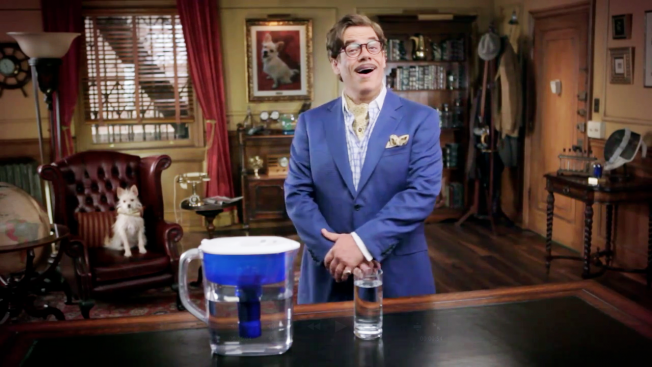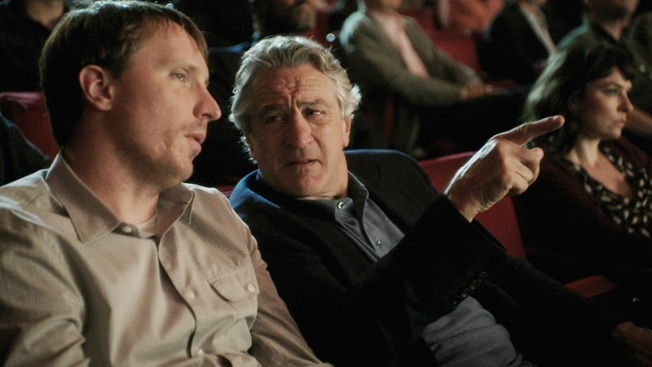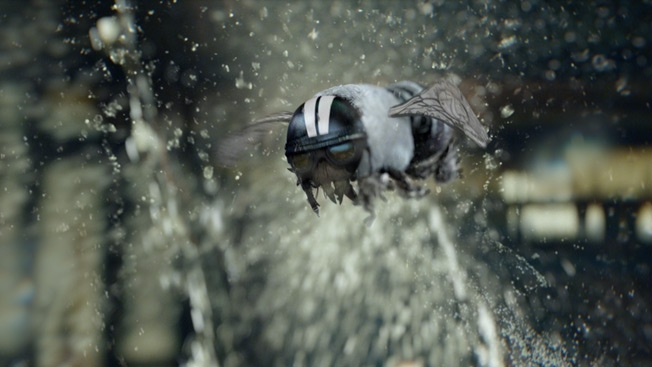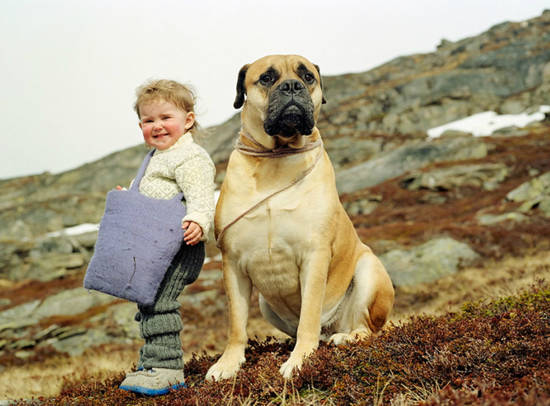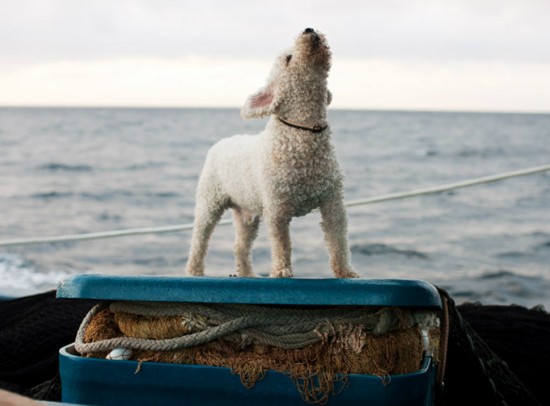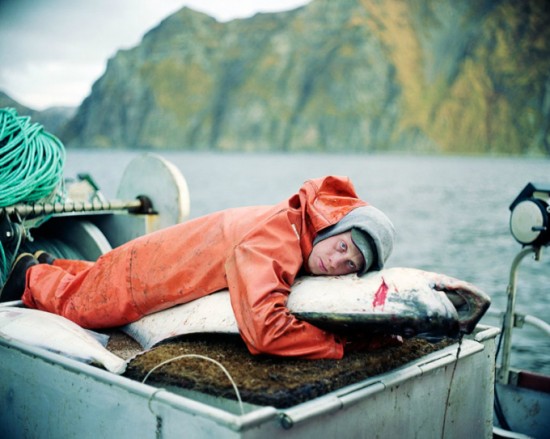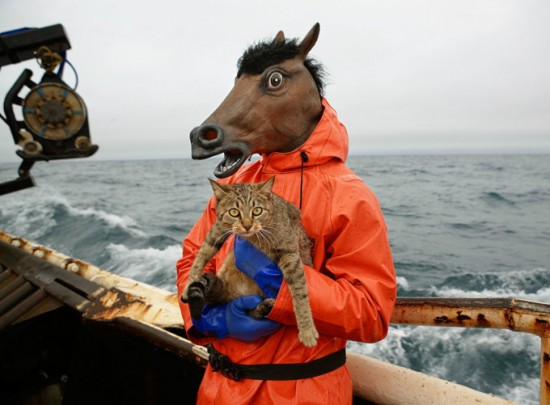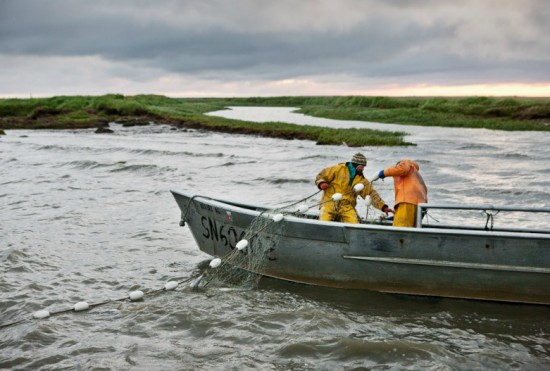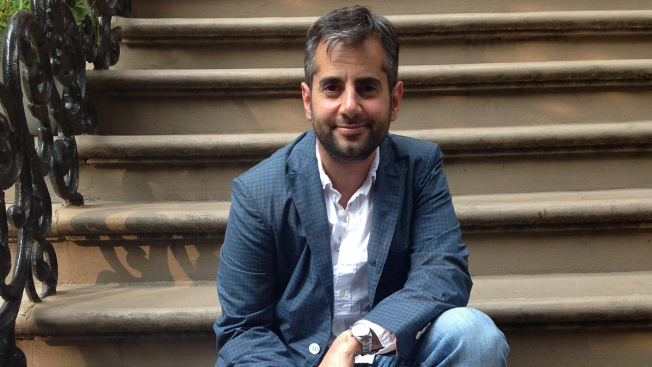
Despite all their turnover and relentless pursuit of revenue, ad agencies often end up feeling like big families. And announcing any sort of life change to your family, especially a family of 500 colleagues, can be daunting.
So, imagine telling this family that you’ll soon begin transitioning from female to male, and you’ll have the first inkling of the road Chris Edwards began traveling nearly 20 years ago.
Edwards, a longtime creative director for Boston-based Arnold Worldwide, announced his gender transition in 1995. Over the next 12 years, he underwent 28 medical procedures to complete the transformation. And throughout, he maintained his role as a writer and creative leader, working on major national and global accounts.
In his upcoming memoir, titled Balls, Edwards shares an array of stories about his gender switch, along with the more traditional reminscences about a life in the already unpredictable world of advertising.
This week is GLAAD’s National Transgender Awareness Week, and we asked Edwards to tell us a bit more about his story. Check out our conversation below.
AdFreak: So, what’s the status of your book?
Chris Edwards: My manuscript is currently in the hands of a bunch of editors at various New York publishing houses. I’m hoping one of them will make me an offer soon. This is still a subject that makes some people nervous, so if I haven’t found the right editor by January, I will likely publish it myself. Either way, interested readers can sign up to get an alert when the book is available at chrisedwardsballs.com.
Is it really going to be called Balls? Because that’s amazing.
Ha. Yes it is. When I announced at work that I was going to be transitioning, so many people came up to me and told me I had balls. I always laughed it off with, “Well, that’s a few surgeries down the road.” But I knew what they meant, and it’s true.
It takes a lot of courage to change your gender to begin with. But to stay at the same job and do it openly in front of 500 co-workers and clients, yeah, you’ve gotta have quite the set of cojones. I was telling this “balls” story to my former boss, Pete Favat, over a few too many vodka sodas, and he was like, “Dude, that should be the title!” And we both cracked up.
The next day I thought, do I really have the balls to call my book Balls? Looks like the answer turned out to be yes. I’ve been told I’ll probably need a subtitle, though. I’m thinking “It takes some to get some,” but that might be pushing it.

I’m guessing your target audience is a lot bigger than just those considering a gender switch. Who else do you think would enjoy this book, and what do you hope they’ll get out of it?
Well, all you ad peeps will enjoy the book because agency life is the backdrop, and I name names, so you may read about someone you know. You’ll laugh a lot, too. My sense of humor helped get me through 28 surgeries and innumerable awkward moments, so it was critical that the tone of the book reflect that.
Yes, this book will surely appeal to a transgender audience, but really it’s for anyone who’s ever felt uncomfortable in their own skin—for whatever reason. It’s about having the courage to be true to yourself and realizing that, instead of fearing what other people will think, you can actually control it. I was able to use what I learned working in advertising to rebrand myself and market the “new me” to friends, family and co-workers with great success. I hope people read my story and come away empowered, inspired and more accepting of others who are transitioning.
At risk of one big spoiler here, how would you describe the way your colleagues and clients at Arnold handled your transition?
Ah, total spoiler! But without giving too much away … It was 1995. Transgender wasn’t even really a word yet. The only frame of reference people had was Silence of the Lambs, The Crying Game and guests on Jerry Springer.
I knew I had my work cut out for me when it came to changing perceptions, so I took it upon myself to be the educator. Arnold was very much like a family back then, so it felt like everyone was on this journey with me, and we all learned as we went. Some people had issues. And there were definitely some awkward moments, especially around me using the men’s room. But overall the response was incredibly positive. I’d like to think it was solely because of the way I handled the situation, but it probably didn’t hurt that Ed Eskandarian, the agency’s owner and CEO at the time, was also my father.
You were the creative director on McDonald’s “Singing Fish” spot, one of my personal favorites. What other work are you most proud of?
Ah, yes, “Frankie the Fish” will always have a special place in my heart. You know, we made a toy replica that plays the original jingle and club re-mix. I think there are still a few left on Amazon if you’re interested. Anyway, another McDonald’s spot I’m proud of is “McNuggets Guys.” I saw this YouTube video of two guys rapping about how much they love McNuggets (one of the rappers is now the star of the HBO series Silicon Valley) and turned it into a 30-second TV spot that went viral. I believe it was one of the first if not the first TV spot to use YouTube footage.
I’m also extremely proud of the early work I did for [the anti-tobacco campaign] Truth. Of all the spots I worked on, the most memorable one was probably “Project SCUM,” which is the name of the actual marketing plan Big Tobacco used to target gays and homeless people. Insane, right? While the facts we dug up were disturbing, it was so satisfying to get to do creative work that actually made a difference. Since the inception of the Truth campaign, teen smoking has gone down from 23 percent to 9 percent. Feels great to know I had a little something to do with that.
What advice would you give to someone who’s thinking about publicly changing genders but is worried it could create a difficult situation among friends, family and co-workers?
It’s pretty much the same advice I’d give anyone about to undergo a major life change of any kind: Take the lead and develop a game plan in advance. Script out and rehearse what you’re going to say. Make a list of who you want to tell personally and in what order. Educate and be patient—you may have been living with it in your head for a while, but it’s still new news to everyone else. Be open and encourage questions. Use your sense of humor to put people at ease. Oh, and read my book. 🙂
Chris Edwards is a veteran creative director and copywriter based in Boston. To sign up for updates about the status of his memoir, BALLS, visit his website.





![]()













